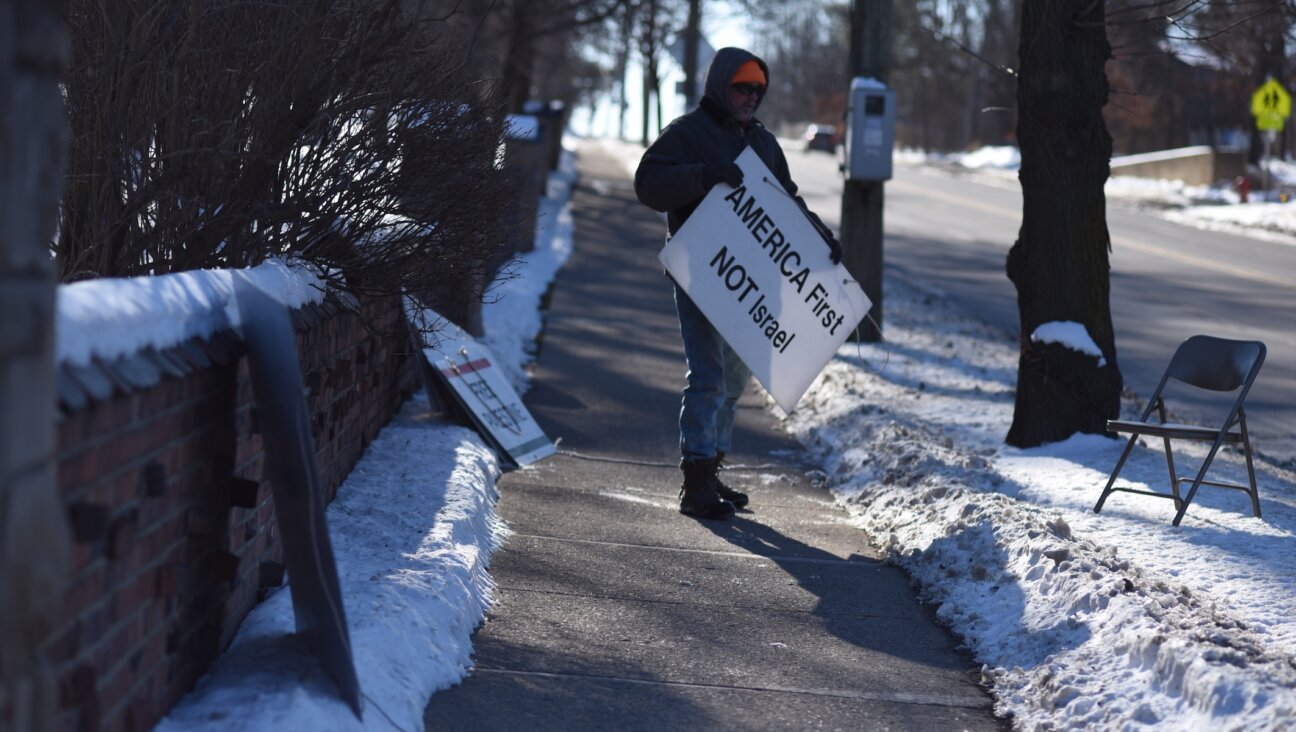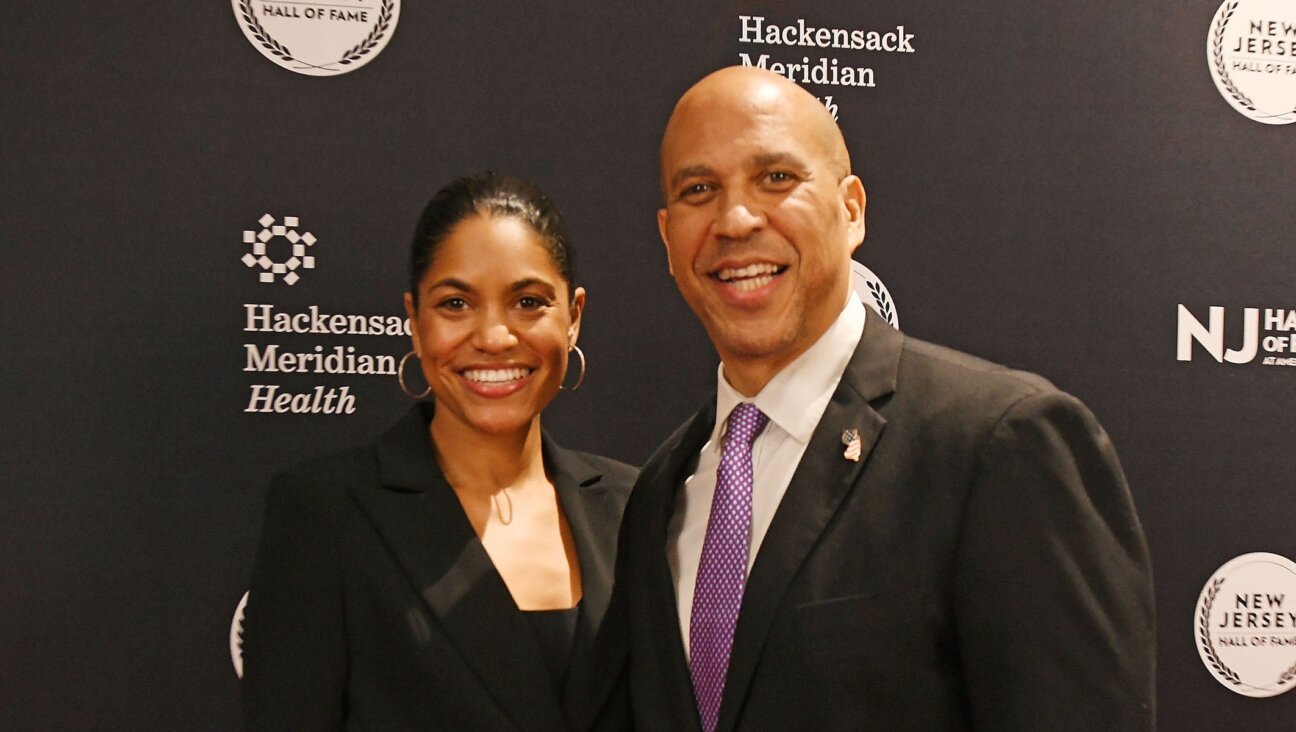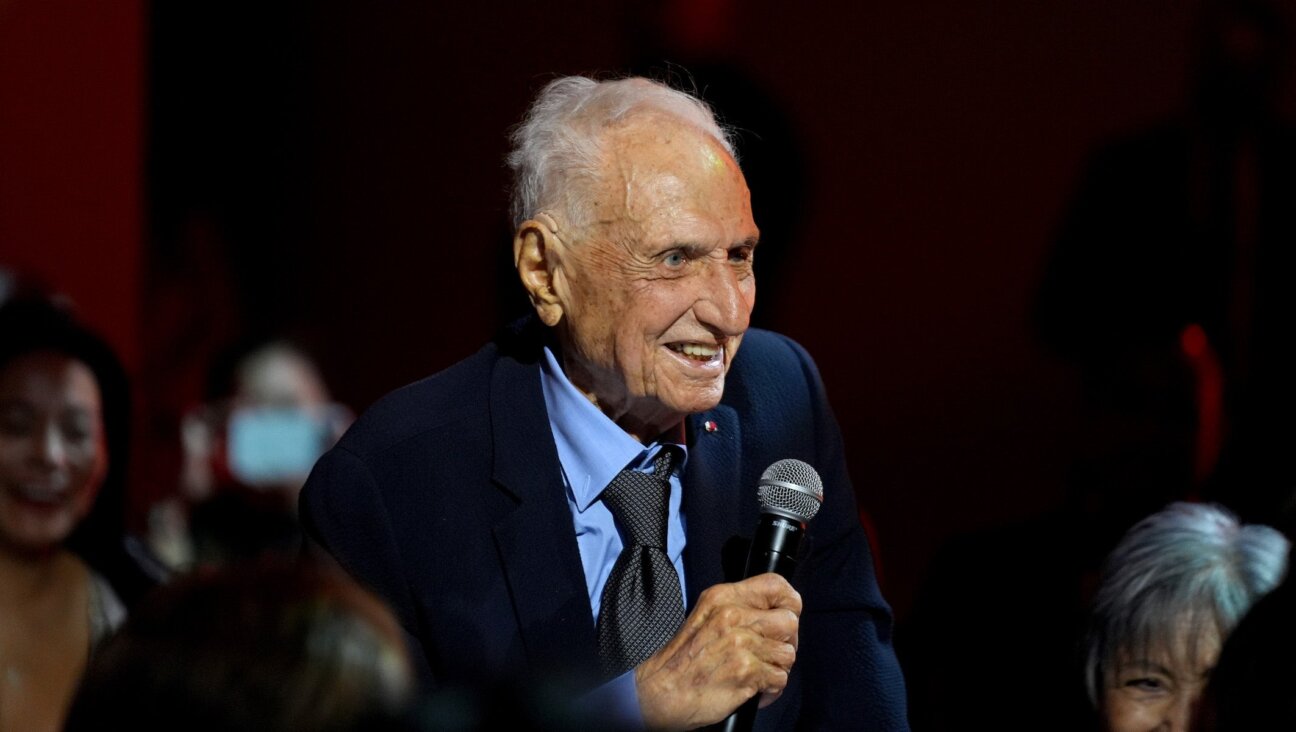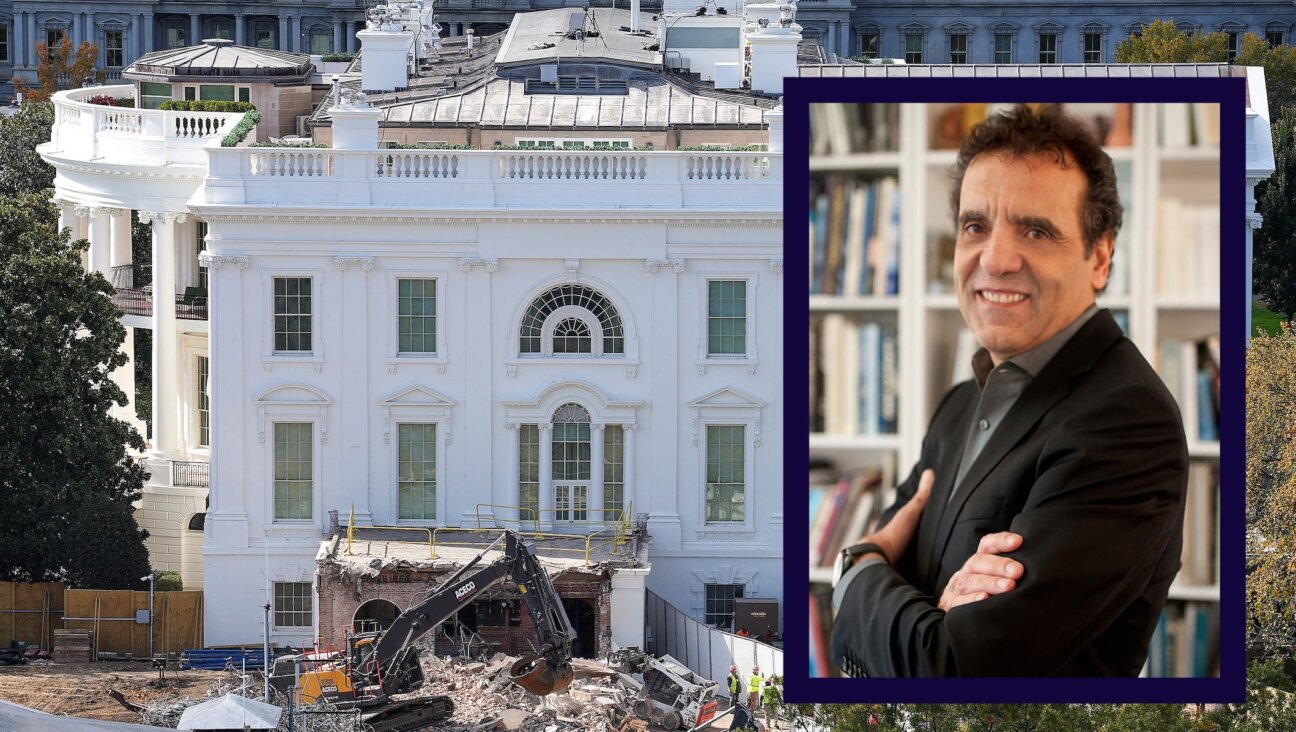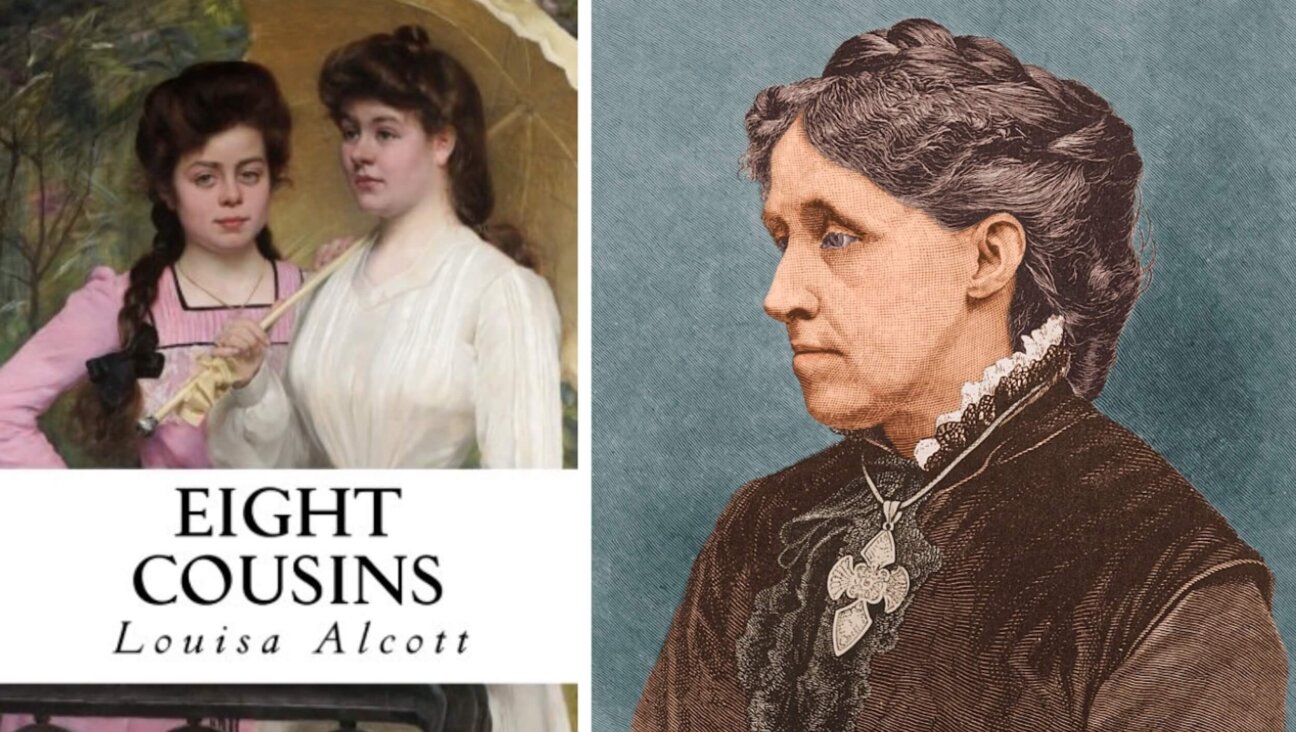‘We have to cover history accurately’: Oklahoma superintendent explains why he’s forcing schools to teach the Bible
A rabbi who is an expert on law and religion said there is a legal loophole which may make this constitutional

Ryan Walters, the Oklahoma State Superintendent, ordered public schools to teach the Bible. Courtesy of the Oklahoma Superintendent’s office
Ryan Walters spent a decade teaching high school history — the Mayflower, the Constitutional Convention, Thomas Jefferson and Martin Luther King, Jr. — and noticed a throughline: For many key figures in American history, the Bible was “very much a motivating factor.”
Walters, now the Oklahoma State Superintendent, said it would be “academic malpractice” not to teach the Bible in classrooms.
“If somebody in history cites the Bible, whether you believe in the Bible or not, that’s really irrelevant,” said Walters, the son of a Christian minister. “We have to cover history accurately.”
Last week Walters ordered all Oklahoma public schools to teach the Bible, beginning this fall.
“Public schools are not Sunday schools,” Rachel Laser, the president of Americans United for Separation of Church and State, told The New York Times. “Public schools may teach about religion, but they may not preach any religion.”
They’ve got it all wrong, Walters, 39 and a father of four, told me in an interview Monday. “We’re not pushing a certain faith on anyone, but we’re accurately teaching history.”
He said he’s prepared to defend against likely lawsuits that claim he crossed the line separating church and state. “I feel very competent in our legal standing.”

Rabbi Michael J. Broyde, a law professor and the projects director at the Center for the Study of Law and Religion at Emory University, said what Walters is doing in Oklahoma may be constitutional, since it is teaching the Bible in the context of history or literature, not as a religious text.
If what the schools teach is “that the people who founded America read the Book of Exodus. I think that that’s a reasonable argument,” Broyde said. “That’s the Bible as inspirational literature.”
Parents’ objections should not be an issue either, Broyde said, because parents can object to any number of lessons a school has as a right to teach. “Maybe you think Shakespeare is stupid,” he explained, and object to the lessons of Hamlet. “The school can say, ‘Well, then you can tell your children that you don’t accept the lessons of Hamlet. But that doesn’t mean you can avoid taking the Hamlet exam.’”
Broyde said public schools only cross a line if they teach that the Bible as a document is true and that students must accept that it has divine authorship. He said a teacher would not be able to give a test, for example, which asks who wrote the Bible, and only mark correct the students who answered “God.”
Christian values in public schools
The new Oklahoma rule is part of a growing trend fueled by socially conservative activists and politicians to incorporate the Bible into educational curricula.
Louisiana last month ordered all public school classrooms to display a poster of the Ten Commandments. (Jewish parents are suing.) Several school districts in red states have banned books they’ve deemed offensive, including a graphic adaptation of Anne Frank’s diary which contains a scene in which Anne walks by nude statues in a park.
The movement has met with some resistance. Last week, the Oklahoma Supreme Court blocked what would have been the nation’s first religious charter school. An appeal is likely, and the case may ultimately end up at the U.S. Supreme Court, which could decide to allow the school to open.
The movement has a favored presidential candidate.
“We would not have the ability to go out and fight for something like this if President Trump wasn’t leading the charge,” said Walters, who said he appreciates that the former president stacked the high court with “originalist” judges who he believes would rule in favor of teaching the Bible in public schools.
“We’re clearly within the guidelines laid out to us by our founding documents,” he said.
Bible to be taught in many courses
Walters said the Bible, which he referred to as “the No. 1 bestselling book in American history,” and which he told me he reads everyday, will be taught at Oklahoma public schools not only in history classes, but in all courses “where it’s applicable.” He pointed out that many mathematicians and scientists were inspired by the Bible. “Look at an art class,” he said. “How do you cover the artwork and not mention the Bible when you’re looking at the Renaissance?”
Broyde said something similar is already happening in Utah schools. “There’s a course about Utah history,” Broyde said. “It teaches excerpts from the Book of Mormon. Not because it’s true, but because you can’t really understand what people are doing in Utah without a working knowledge of the Book of Mormon.”
Broyde said it all boils down to what the curriculum states. Teaching the Bible as history “is not a ridiculous argument,” he said. “But, of course, if you do it 20 hours a week it becomes ridiculous.”

